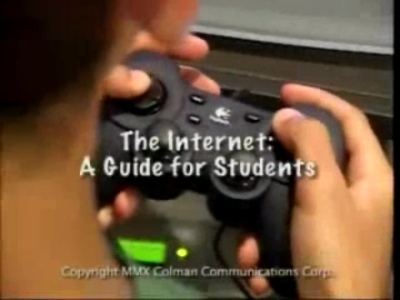

THE Open (as in libre) Access movement has brought great benefits to students, as this new article reminds us [1]. Now that we have sharing-friendly licences such as Creative Commons 4.0 [2] it is no surprise that extensive encyclopaedias like Wikipedia are available for download by all [3]. It maxmimises sharing of knowledge, much to the disdain of "Copyright And Patent Maximalists" [4] who promote criminal cartels (the "Copyright Monopoly" [5]). All sorts of proxies and fronts, including some British thing that's deceivingly called "Culture Committee" [6] (back in Sept.), continue to promote the fiction of piracy and those who the "Culture Committee" claims to represent do not even agree [7]. Basically, a bunch of non-artists in suits are manipulating and misrepresenting society's interests so that they can hoard money and tax everyone while limiting dissemination of culture.
The average cost for college textbooks for the 2013-2014 school year at OU is $848 per student, according to OU’s website. If you plan on obtaining a four/five-year education, those costs can really add up.
But what if some of your books were free to use and accessible to anyone with Internet access at any time? Doesn’t sound too bad, right? This initiative is called open-source textbooks, and colleges across the nation, including OU, are giving this alternative method of providing resources for students a glance. Not only are certain schools looking into this, the general book cost issue has gained national attention.
Creative Commons proudly introduces our 4.0 licenses, now available for adoption worldwide. The 4.0 licenses—more than two years in the making—are the most global, legally robust licenses produced by CC to date. Dozens of improvements have been incorporated that make sharing and reusing CC-licensed materials easier and more dependable than ever before.
Tim Lee, over at the Washington Post's The Switch, has an excellent, detailed look at why the USTR seems to think that patent and copyright maximalism is in the best interests of America. There are two key reasons, which I'll paraphrase as (1) the employees at USTR have strong connections to copyright and patent maximalists, and there's a constant revolving door between USTR and IP maximalists, and (2) they're basically ignorant of how the digital world works today.
The emergence of experimental legally autonomous startup zones in Honduras and other places is one of the most exciting developments in a long time, and forebodes the collapse of the copyright industry’s tyranny over culture and knowledge.
This morning the Culture, Media and Sport Committee published its report into how to support the creative industries. While it is a wide-ranging report, on copyright reform there is plenty to be disappointed about.
English comedian Russell Brand is no stranger to controversy and in the past few days the funnyman has been at it again, this time concerning the release of his new DVD. Brand informed his Twitter followers that obtaining Messiah Complex can be achieved in various ways, not least via The Pirate Bay. Potential UK viewers need not be concerned about ISP censorship either, as Brand helpfully provided a link to a Pirate Bay proxy.